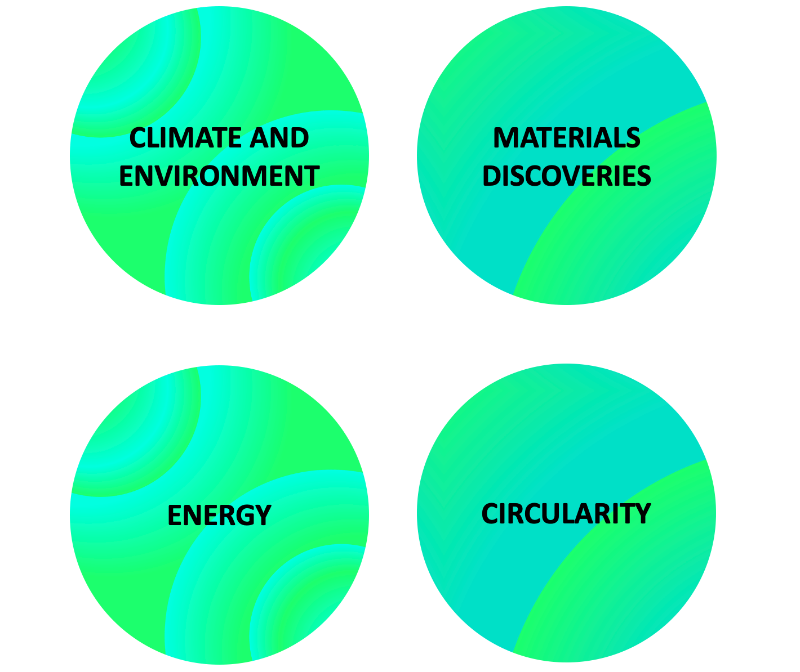Basic concepts, models and methods within the subject area of sustainable development. Different ways of understanding and interpreting the concept sustainable development. How society's use of materials affects the possibilities for sustainable development. The role of materials science for sustainable development. The own research area must be put in relation to global goals for sustainable development in such a way that both difficulties and opportunities to contribute to long-term sustainability become clear.
FSK3003 Sustainable Development for WISE PhD students 7.5 credits
This course has been discontinued.
Decision to discontinue this course:
No information inserted
Welcome to the course ”Sustainable development of WISE PhD students”. This is an obligatory course for WISE PhD students. The course will give you an overview of basic concepts, models and methods within sustainable development, with a focus on the role of materials for sustainable development. We will discuss different ways of understanding and interpreting the concept of sustainable development, and how society's use of materials affects the possibilities for sustainable development. Through the course workshops and discussions, you will reflect on how your own and other participant’s research areas relate to the global goals for sustainable development, in such a way that both difficulties and opportunities to contribute to long-term sustainability become clear. (Note that the course runs over two periods and the pace of study is 25%. The KTH course administrative system provides incorrect information about this, and unfortunately it is impossible to change.)
Information per course offering
Course offerings are missing for current or upcoming semesters.
Course syllabus as PDF
Please note: all information from the Course syllabus is available on this page in an accessible format.
Course syllabus FSK3003 (Spring 2025–)Content and learning outcomes
Course contents
Intended learning outcomes
After passing the course, the student will be able to:
- report on, reflect on and critically discuss the concept sustainable development and how it relates to the student’s own research area,
- analyze interactions and possible conflicts between different aspects of sustainability (ecological, economic and social, including gender equality aspects), with a particular focus on the student’s own research area,
- explain system conditions pertaining to the ecosystem’s life-sustaining and resource-creating functions and relate this to the student’s own research area.
Literature and preparations
Specific prerequisites
The course is open for graduate students within the WISE program.
Recommended prerequisites
None.
Literature
Examination and completion
Grading scale
Examination
- INL1 - Assignment, 7.5 credits, grading scale: P, F
Based on recommendation from KTH’s coordinator for disabilities, the examiner will decide how to adapt an examination for students with documented disability.
The examiner may apply another examination format when re-examining individual students.
If the course is discontinued, students may request to be examined during the following two academic years.
Examiner
Ethical approach
- All members of a group are responsible for the group's work.
- In any assessment, every student shall honestly disclose any help received and sources used.
- In an oral assessment, every student shall be able to present and answer questions about the entire assignment and solution.